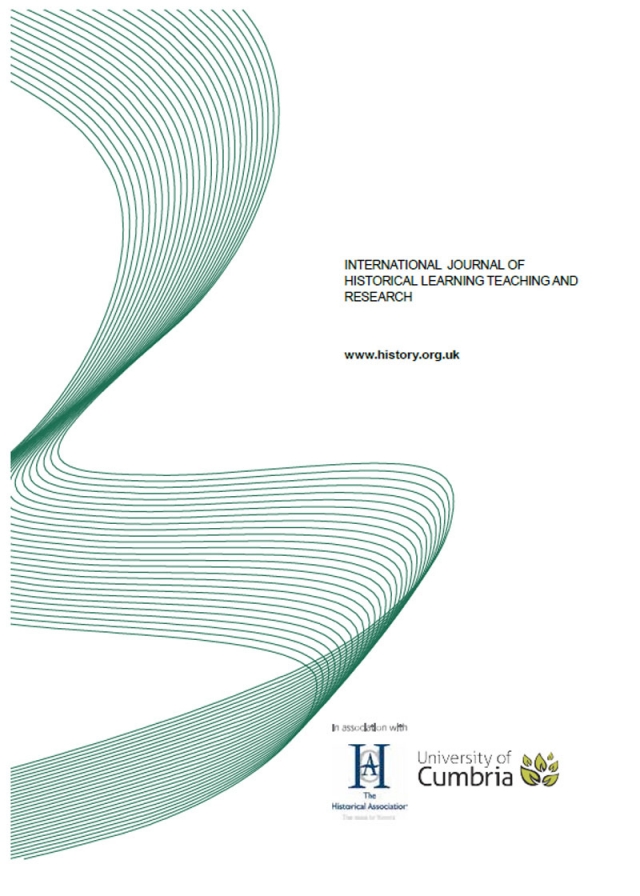Academic Critical Thinking, Research Literacy and Undergraduate History

International Journal of Historical Learning, Teaching and Research [IJHLTR], Volume 15, Number 1 – Autumn/Winter 2017
ISSN: 14472-9474
Abstract
The concept of critical thinking is pivotal in academia. Many see it as the very core of intellectual thought and the primary learning outcome of higher education. In addition to its universal merits, modern society presents challenges that arguably make this potential outcome more urgent than ever. One problem in critical thinking research and general discourse is that the concept is so broadly defined that it includes virtually anything and everything of virtue. In this article, a narrower concept of academic critical thinking is suggested as a framework for teaching and discussing critical thinking and research literacy with undergraduate History students. This, in turn, relates to an ongoing debate in critical thinking research if it is to be understood primarily as either a generic or a discipline-specific concept. Through a discussion of possible strengths and weaknesses of History in this regard, interdisciplinary critical thinking is proposed as a third way alternative to this long lived dichotomy.
Introduction
Some 15 years ago, I taught a course named ‘Source criticism for the internet’ as part of an undergraduate Contemporary History program in Sweden. During the course, the students were asked to evaluate Holocaust-denial websites that portrayed themselves as research-based, and discuss the possible applicability of classical historical method to this dilemma. Back then, traditional academia struggled with the possibilities and challenges presented by the relatively new information anarchy called the World Wide Web. One way of coping with this new phenomenon was to ask librarians, sometimes hastily turned digital information specialists, to produce lists of quality-assured databases and other digital resources. A message that was sometimes conveyed to students was that information gathered via such lists was deemed scholarly and trustworthy, while everything else was more or less suspect. Today the digital landscape has, of course, changed dramatically along with our competencies. Professional historians and their students still read books made of cellulose and ink – perhaps more so than researchers and students in many other disciplines – but few can do without an abundance of digital tools and online resources. There is, however, an internet phenomenon that most young people are exposed to today that makes the need for academic critical thinking and research literacy acute in possibly new ways: laymen pseudo-scholarly debates and copy-paste arguments in any and all areas of science, society, politics and history.
Attached files:
- International Journal 15.1 - Ekecrantz
296.3 KB PDF document

